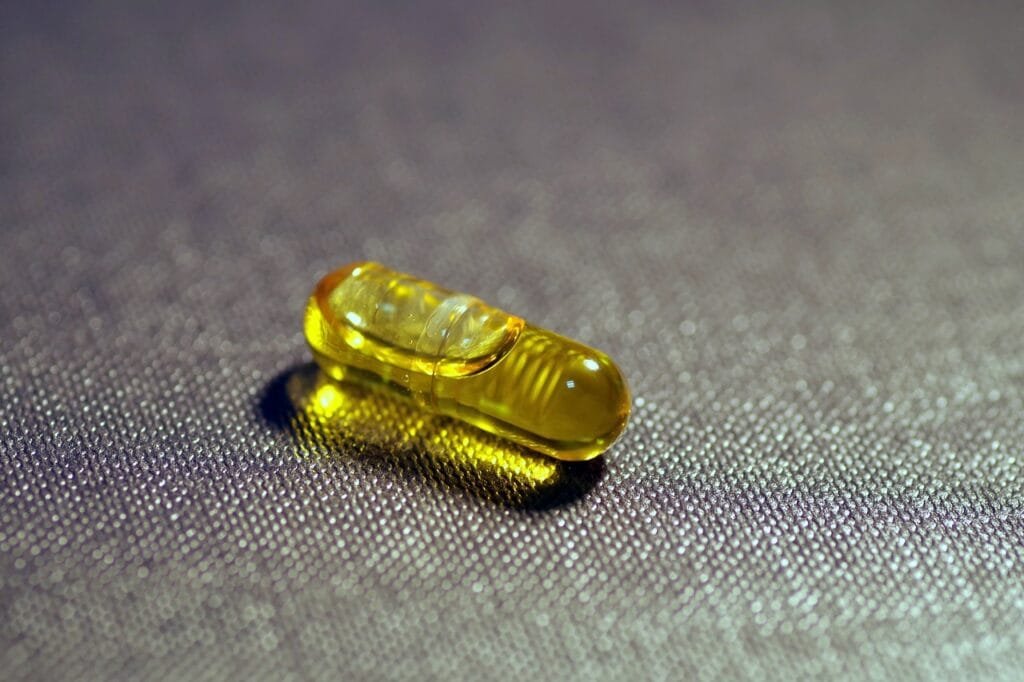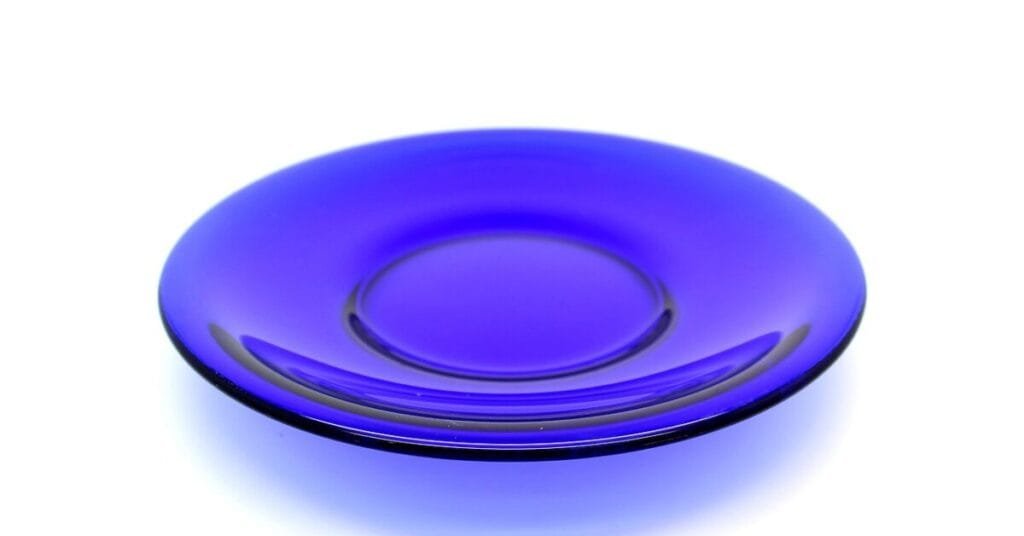The Importance of Vitamin D
Vitamin D is often called the “sunshine vitamin.” It is one of the most critical micronutrients for average health and well-being. Its unusual name comes from the body’s natural propensity to manufacture it when the skin and pores are exposed to sunlight. However, regardless of this natural mechanism, millions of people in the world face Vitamin D deficiency. That is why the importance of vitamin D is a must to be aware of. If left unaddressed, it can have profound health implications.
This vital nutrient is more than a vitamin. It acts as a hormone inside the body and influences a wide variety of organic functions. Beyond its famous role in supporting bone health, Vitamin D plays a significant role in immune function, mental health, chronic disease prevention and muscle strength.
Also Read about saccharomyces boulardii benefits
In this blog, we’ll explore everything you want to know about Vitamin D. From its critical capabilities and wellness benefits to its dietary assets, deficiency signs, and practical strategies to maintain the most optimal levels, this complete guide will help you unlock the total capacity of this sunshine micronutrient.

What Is Vitamin D?
A fat-soluble vitamin that is essential for many physiological processes is vitamin D. It often controls the body’s absorption of calcium and phosphorus. These minerals are foundational to bone health, ensuring energy and density. But the benefits of vitamin D go much beyond bone health. It also acts as a modulator for immune features, mood regulation, or even cellular growth.
Types of Vitamin D
Two main forms of vitamin D include
● Vitamin D2 (ergocalciferol): It can be found in resources derived from plants. Usually, vitamin D3 is taken with mushrooms and fortified meals.
● Vitamin D3 (cholecalciferol): Fatty fish and other animal-based foods contain vitamin D3. Vitamin D3 is produced when the skin comes in contact with sunlight.
Furthermore, Among these micronutrients, Vitamin D3 is more powerful in elevating and preserving normal Vitamin D levels inside the blood. This makes it the desired form for supplementation and nutritional intake.
Why Is Vitamin D So Important?
Vitamin D is an integral hormone-like compound that affects almost every system within the body. As a fitness expert, I’ve noticed its immense impact on patients’ physical and mental well-being. Below are the center wellness advantages of Vitamin D:
1. Supports Bone Health and Prevents Disorders
Vitamin D is necessary for the intestinal absorption of calcium. Without it, the body struggles to keep the proper calcium ranges, leading to weak or brittle bones. Deficiency can result in conditions like:
● Rickets in youngsters: A disorder causing tender and deformed bones.
● Osteomalacia in adults: It is characterized by vulnerable and tender bones.
● Osteoporosis: A situation increasing the threat of fractures in older adults.
2. Strengthens the Immune System
Vitamin D plays an essential role in activating the immune system. It complements the function of T-cells and macrophages which combat microorganisms and viruses. People with enough vitamin D have a lower risk of contracting infections and respiratory conditions like the flu or pneumonia.
3. Boosts Mental Health
Anxiety, despair, and mood swings are linked to low vitamin D levels. Vitamin D enables the mind to alter serotonin levels which are commonly known as the “feel-good hormone.” According to studies, maintaining healthy vitamin D levels might improve cognitive function and lower the risk of diseases like seasonal affective disorder (SAD).
Read our Health Blog for more information and tips
4. Reduces Risk of Chronic Diseases
Research shows that Vitamin D may additionally help save you or manipulate continual conditions like:
● Heart disease: Vitamin D also plays an important role in reducing irritation and supporting cardiovascular health.
● Diabetes: It has the biggest role in reducing diabetes risk through improved insulin sensitivity and glucose metabolism.
● Cancer: Vitamin D also has amazing benefits for reducing colorectal, breast and prostate cancer risks. It does this by inhibiting peculiar cellular increase.
5. Enhances Muscle Strength
Vitamin D is essential for power and muscular contraction. Deficiency can cause muscle weakness, increasing the danger of falls and injuries, particularly in older adults. Many fitness experts, gym lovers, and athletes use vitamin D supplements to boost their body mass. As a health expert, I’m telling you that, YES, muscles can grow efficiently with the help of vitamin D.
Sources of Vitamin D
1. Natural Source
Sunlight remains the most natural and simple source of Vitamin D. The ultraviolet B (UVB) rays from the solar trigger Vitamin D synthesis within the pores and skin. To maximize production:
● Several times a week, spend at least 10 to 30 minutes in the sun.
● Focus on exposing larger pores and skin areas, including legs and arms.
● Avoid overexposure to save you from sunburn or skin damage.
● Always use sunblock or sunscreen to avoid skin tans.
Do you know about saccharomyces boulardii
2. Dietary Sources
It is best for individuals with limited sun exposure, and certain foods can provide Vitamin D consisting of:
● Fatty fish: Salmon, mackerel and tuna.
● Egg yolks: A simple and flexible addition to your food plan.
● Fortified meals: Milk, cereals, orange juice and plant-based totally alternatives.
● Mushrooms uncovered to UV light: One of the few plant-based options that are totally rich in Vitamin D.
3. Supplemental Source
When sunlight and dietary sources aren’t enough then doctors recommend dietary supplements that can bridge the gap.
● Choose a top-notch Vitamin D3 complement for better absorption.
● Follow your healthcare provider’s advice on dosage, usually starting from 600–2,000 IU per day, depending on individual needs.
Signs and Symptoms of Vitamin D Deficiency
Vitamin D deficiency is widespread and affects human beings throughout all age groups. The signs are often quiet but can become severe if left untreated:
● Persistent fatigue and shortage of energy.
● Bone pain and muscle weak spots.
● Frequent ailments or sluggish recovery from infections.
● Mood issues along with depression or irritability.
● Hair loss in some cases.
● Severe deficiency can result in extreme conditions like osteoporosis, rickets or compromised immunity.
How to Maintain Healthy Vitamin D Levels?
● Maximize Safe Sun Exposure: Incorporate short, average daylight sessions into your routine, ideally in the morning or late afternoon. Always wear sunscreen for longer intervals outside.
● Incorporate Vitamin D-rich foods: Prioritize nutrient-dense meals that consist of fatty fish, fortified dairy products and eggs. For vegetarians, mushrooms and fortified plant-based milk are terrific alternatives.
● Use Supplements as Needed: If sunlight and diet fail quickly, Vitamin D supplements are a secure and powerful solution. Discuss the right dosage with a healthcare provider, particularly if you’re pregnant, breastfeeding or dealing with a health situation.
● Regular Health Check-Ups: Routine blood checks can determine your Vitamin D levels, commonly expressed as nanograms per milliliter (ng/mL). Ideal ranges vary from 30–50 ng/mL.
Expert Advice
As a health expert, I frequently emphasize the importance of customized care. Factors like Age, skin tone, geographic region and lifestyle substantially affect your Vitamin D needs. While daylight and food plans are essential, they will not be enough for all of us. By staying proactive and knowledgeable, you may ensure premier Vitamin D levels and enjoy the numerous health benefits this micronutrient offers.
Final Thoughts
Everyone needs to know the importance of vitamin D. It is a cornerstone of top health. Its impact spans bone strength, immunity, mental well-being, and continual disease prevention. The key is balance, adequate daylight exposure, a nutrient-rich diet and dietary supplements for Vitamin D. By taking small, consistent steps to preserve healthy Vitamin D levels, you empower your body to function at its best.
Editorial Comments:
Taking less than 400 IU of vitamin d provided no useful benefit. On the other hand higher doses than recommended can cause hypervitaminosis: Vitamin D toxicity can lead to hypercalcemia, kidney failure, bone problems and even death.
With vitamin D3 supplements the doses available are 400 units to 5000 units OTC. Higher doses should be used only for short time. Consulting with your Physician on a regular basis is recommended for managing and monitoring your Vitamin D3 doses.
Vitamin D2 is prescription only and the typical dose is 50,000 units weekly. Vitamin D3 and D2 are different forms and the doses should not be compared.





Pingback: How Infrared Vein Viewers Improve Vascular Access